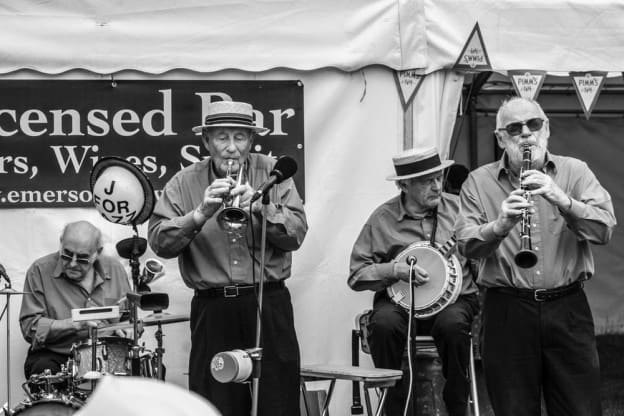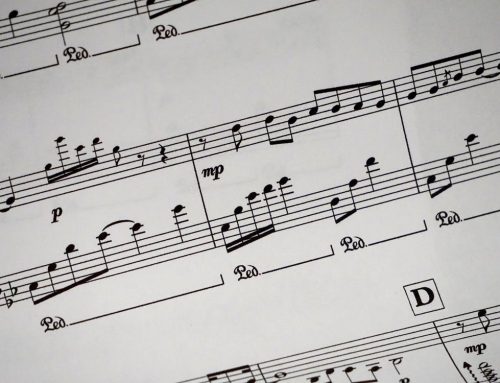Alzheimer’s disease is of one the most debilitating diseases among the elderly community. The disease is incurable; a person diagnosed with cancer will experience continuous cognitive decline and will eventually pass. Alzheimer’s disease isn’t just exasperating for the patient but also devastating for their loved ones.
Neurologists and other scientists continue to study Alzheimer’s with the hope of finding a treatment if not a cure to the disease. Music has shown to effect Alzheimer’s patients positively; researchers have found that listening to music from their past evokes emotions and helps them recall.
Here are a few ways Alzheimer’s can boost brain activity:
1) Music Brings Back Memories
Music evokes memories.
By listening to music of their younger days, Alzheimer’s patients are able to recall memories associated with those songs. Their music stimulates activity in the brain and it begins to make connections which help them remember better.
Other than recalling memories of the past, music also enhances their current quality of life. Family members have found that when music is paired with day-to-day activities, it helps patients build a routine – they develop a rhythm that enables them to recall the activity from the previous days. This helps counter the effects of the disease.
2) Music Appreciation/Mental Aptitude Are the Last Abilities to Go Amongst Alzheimer’s Patients

Alzheimer’s patients will lose all their abilities with time; their ability to respond to music is the last remaining ability they will have. Because these two abilities are the final ones to go, music is an excellent way to keep them functioning for longer.
3) It Brings Physical And Emotional Connection
In the final stages of Alzheimer’s, patients struggle to emotionally connect with the people around them. As long as they aren’t bedridden, patients can have physical reactions to music. It can make them move and dance which can lead to touching, hugging and kissing.
4) It Makes Them Sing
Singing along to music is surprisingly good for us. It stimulates activity in both the right and left hand side of the brain. Since both parts of the brain are engaged, music and singing serve as a powerful exercise for the mind.
5) It Enhances Mood
Physicians have found that music can be used to shift moods from negative to positive and reduces agitation and stress. Alzheimer’s patients have frequents outbursts of anger, music soothes them.
Music Jotter’s music notation software can help you learn to create and share your own music. The process of learning and creating music also enhances cognitive ability and reduce the risks of developing Alzheimer’s.
Our music notation software comes with a user-friendly interface and manual which eases the learning process. You can use our music notation software without having any training in music at all. You just need a good ear and a passion for music!
Download the demo to get a closer look and place your order today!






